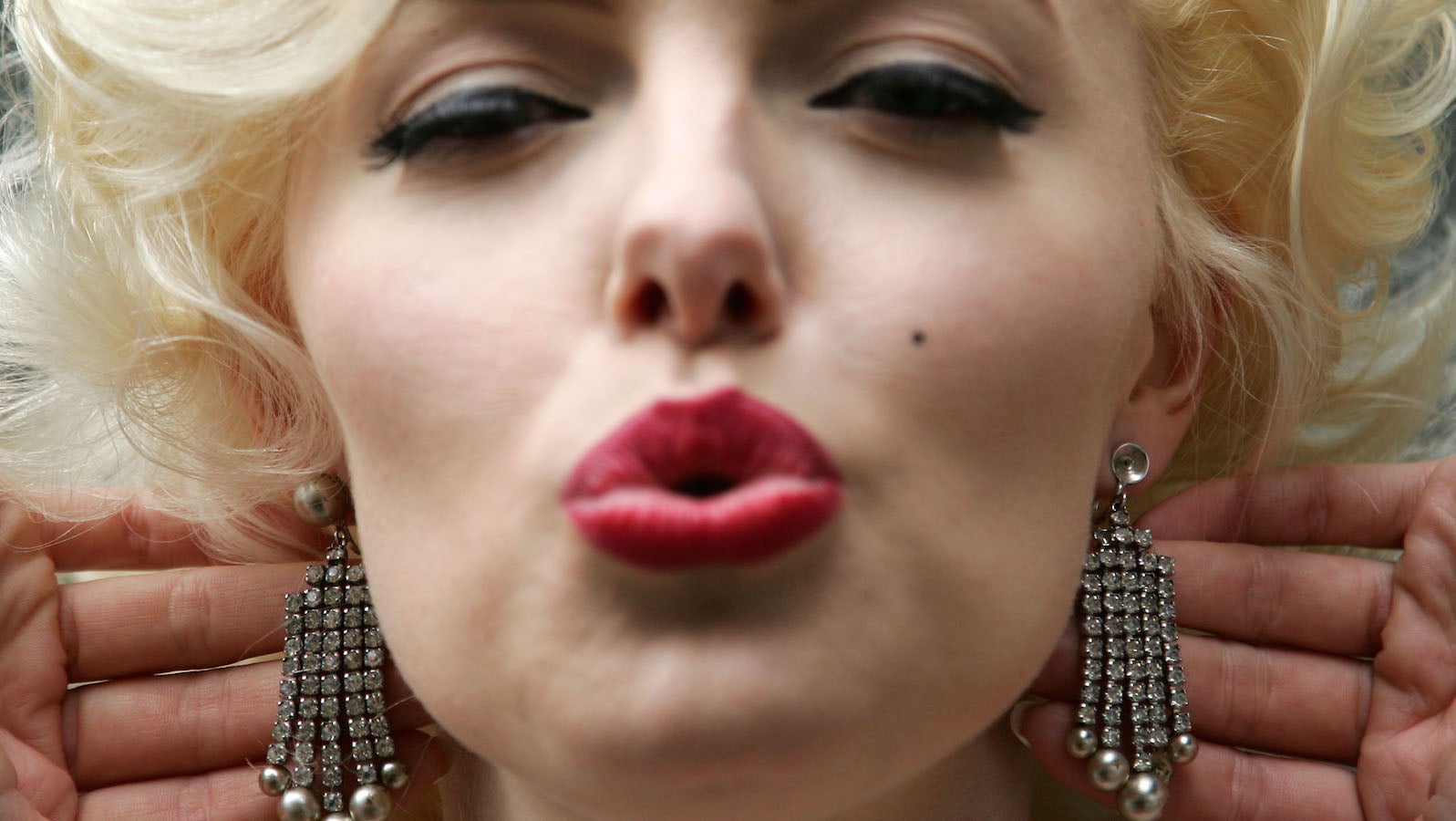Luxury is embarrassing
I don’t own a lot of luxurious things. This is partly because luxury is not in my budget. But I have been given a few fancy items—and I never, ever wear them.


I don’t own a lot of luxurious things. This is partly because luxury is not in my budget. But I have been given a few fancy items—and I never, ever wear them.
My mom, for example, gave me her engagement ring years ago because it had stopped fitting her. It lives in a drawer in my childhood bedroom in Ohio; when I come home I try it on, watch it sparkle, and then put it right back. My friend Laura once described a similar relationship with a fancy bracelet she’d received as a present. She loved the way it looked in the box, but felt weird whenever she tried it on. Her wrist didn’t look like hers anymore; she felt as if it belonged to someone else.
Another friend does buy designer clothing, but confesses to feeling guilty about the insanity of the spending—and like a bit of an imposter to boot. “I do not have the wallet of someone who can buy whatever luxury they want,” she says.
A recent paper, published in the Journal of Consumer Research, sheds light on why some of us feel awkward, or even downright embarrassed, in the presence of expensive goods. The study found that for Americans, “luxury can be a double-edged sword because, paradoxically, the associations of superiority and privilege that often make luxury so desirable can backfire and make consumers feel inauthentic.” Because luxury products function as status symbols, donning a Hermès scarf or gold watch can make people feel as if they’re playing the part of a fancy person, and thereby disconnected from their true selves.
The researchers, led by Harvard Business School doctoral candidate Dafna Goor, arrived at this conclusion over the course of nine studies, including interviews with residents of New York’s boutique-heavy Upper East Side and surveys of Martha’s Vineyard vacationers, patrons of the Metropolitan Opera, and consumers with annual household incomes above $100,000.
Some of the most insightful comments came from the affluent Upper East Siders disclosing their complicated feelings about spending. One 55-year-old man said of the shirts and ties he’d purchased from the luxury department store Barney’s, “I keep these clothes for a special occasion, but this special occasion never comes…It’s just not me.” Another woman told the researchers that she “felt very shy when wearing a gold necklace with diamonds that she owned because it is not in her character to wear luxurious jewelry.”
Indeed, the researchers observe that luxury goods—presumably meant to make purchasers feel confident and special—can have quite the opposite effect. Asked to imagine offering up either Dom Pérignon or Costco-brand champagne at a hypothetical housewarming party, survey respondents who said that the Dom Pérignon was a symbol of excessive privilege, or that they would feel undeserving of the beverage, were also more likely to imagine feeling uncomfortable at the party, refraining from leading conversations or expressing their opinions.
The researchers characterize this kind of response as consumer impostor syndrome. “This happens because luxury products are often perceived as a privilege that is undue and undeserved,” they write. “In contrast, nonluxury products are less likely to make consumers feel inauthentic because they are not viewed as a privilege that needs to be deserved and justified.”
It’s a bit funny to imagine feeling “unworthy” of a beach towel or candle: No matter how much money they cost, these are inanimate objects that cannot think or feel, so pretty much any human being would automatically seem to be superior to them. (Don’t let that Dom Pérignon bottle make you feel inadequate, hypothetical party-throwers!)
But in an increasingly class-conscious society, in which even CEOs and millionaires who’ve benefited greatly from capitalism feel compelled to acknowledge the problem of inequality, it makes sense that some people feel discomfited by the trappings of wealth. Indeed, as Dan Kopf writes for Quartz, American elites are increasingly drawn to less conspicuous markers of class, spending their money on private schools, gardeners, and child care rather than flashy accessories that are meant to make others sit up and take notice. Rising concerns over climate change and labor conditions may make others question the ethics of buying luxury items altogether.
The authors, for their part, suggest that this variation of imposter syndrome is tied to a growing cultural preoccupation with authenticity, as evidenced by the backlash against highly curated Instagram feeds and a surge in confessional social-media posts. Since consumerism continues to be a powerful force in the US, many people still look to brands to align with and broadcast their identities; the difference is that it’s now more desirable to appear “real” (albeit in a polished, secretly effortful way) rather than rich. There are, however, some people who appear immune to imposter syndrome: Those who generally feel that they’re owed more praise and special treatment than other people, due to a “chronic sense of entitlement,” feel perfectly at home surrounded by luxury.
If Americans are prone to feeling weird around designer goods these days, the status that those goods confer on their owners hasn’t changed. Another recent paper, published in Nature Human Behavior, found that across nine studies, participants judged people to be significantly more competent when they wore upscale clothes. So while I may know the truth about the ramshackle self who lies behind my sparkly ring, others could still be blinded by it—if I ever dared to wear it in public.